Dr Jim Tennison talks developing passion and teamwork in students; how important it is and how he does it
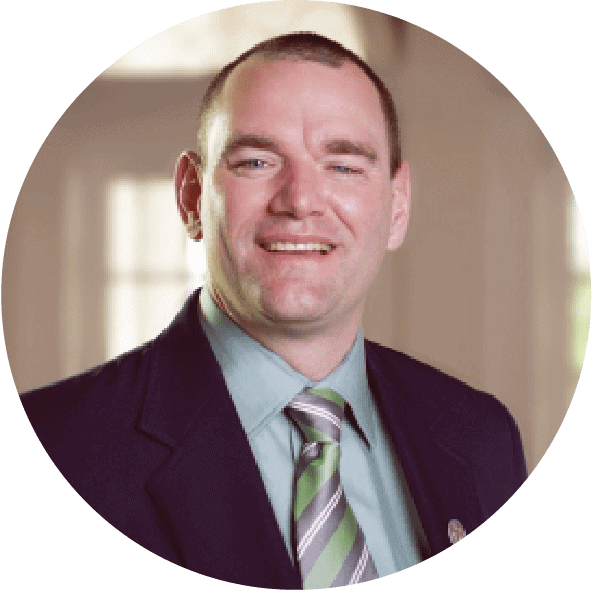
As a Mascot for the Dallas Mavericks, Dr Jim Tennison, Program Director for the Master of Arts in Sport Management at Dallas Baptist University built morale on a massive scale, and as a lecturer he brings that same energy into the classroom. He tells us about the importance of developing passion in students, how ‘oneness’ and a love of sport can heal great social divides and he shares his valuable advice for young professionals and anyone just starting out in their career.
Students who are lucky enough to find themselves in one of Dr Tennison’s classes will find that they’re part of a high-energy network and learning environment.
Dr Tennison says that when it came time to hang up the mascot’s fury feet, “there was no way that I was going to just ‘turn off’ because I changed fields. I use (my creativity) in the classroom in the projects that I design for (the students), in the way we start class, and in the ways I keep their attention. My students never know how class is going to start, or at least I try to keep them guessing. I start my Sport Law and Ethics class off each semester inviting the students to say the usual ‘name, degree, hometown’ speech with a dose of helium in their lungs. It makes it fun and helps me teach a lesson about express consent in participation. I get to enjoy that my creative and energetic side lives on in front of my new ‘season ticketholders’, because they are mine for a season and my goal is to influence them and encourage them as much as possible”.
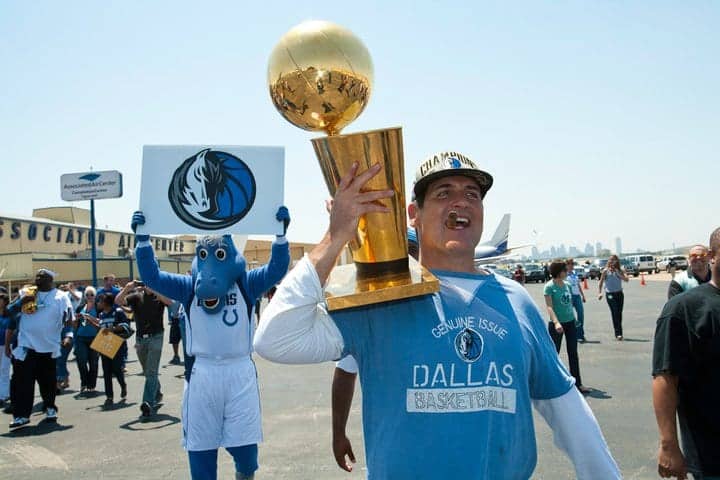
Not only does Tennison influence and encourage his students but he steers their skill development. Here he explains the importance of teamwork and one of the ways he develops it in students. He says, “sports and work are SO similar! It is very rare in most fields that you must work alone. You simply MUST be part of a team of some sort. We are encouraged as professors at Dallas Baptist University to help students learn soft skills, the skills that aren’t in a textbook but will certainly impact their career one day. Teamwork is a biggie for me! I have them work on lots of projects in teams. I even foster this by having them draft team members, like a sports draft, from members of the class so that there is not a situation in which friends are just loading up. We don’t always get all of our friends on our teams. We get people that help us to learn to grow and diversify our people-handling and motivating skills”.
At Athlete Assessments we came to know Dr Tennison 5 years ago when he was searching for techniques to build student teamwork. He uses Athlete Assessments’ DISC Profiles and the subsequent reports, resources and guest lectures in his Master of Arts in Sport Management course at Dallas Baptist University. He says, “since teamwork is a major part of my program as we do a great deal of group work, DISC affects my students as they get to see first-hand how to interact with people, assess their teammate’s DISC tendencies, and then motivate them accordingly. We discuss in class how to motivate a Low D, or encourage a Low I, and my students see that in their projects as they work in teams”.
The Master of Arts in Sport Management course at Dallas Baptist University is part of Athlete Assessments Academic Program, so Bo Hanson, Senior Consultant for Athlete Assessments gives a guest lecture to Dr Tennison’s class. Dr Tennison says, “I thoroughly love the moment before we skype in with Bo Hanson in our classroom. My students have just taken their DISC and they have no idea what is about to happen. They have taken the assessment and paid some attention to the outcome before he addresses them. Then when Bo logs in and the conversation starts, he blows their mind in the course of an hour. I have seen him do this 5 times now and I pick up something new each time.
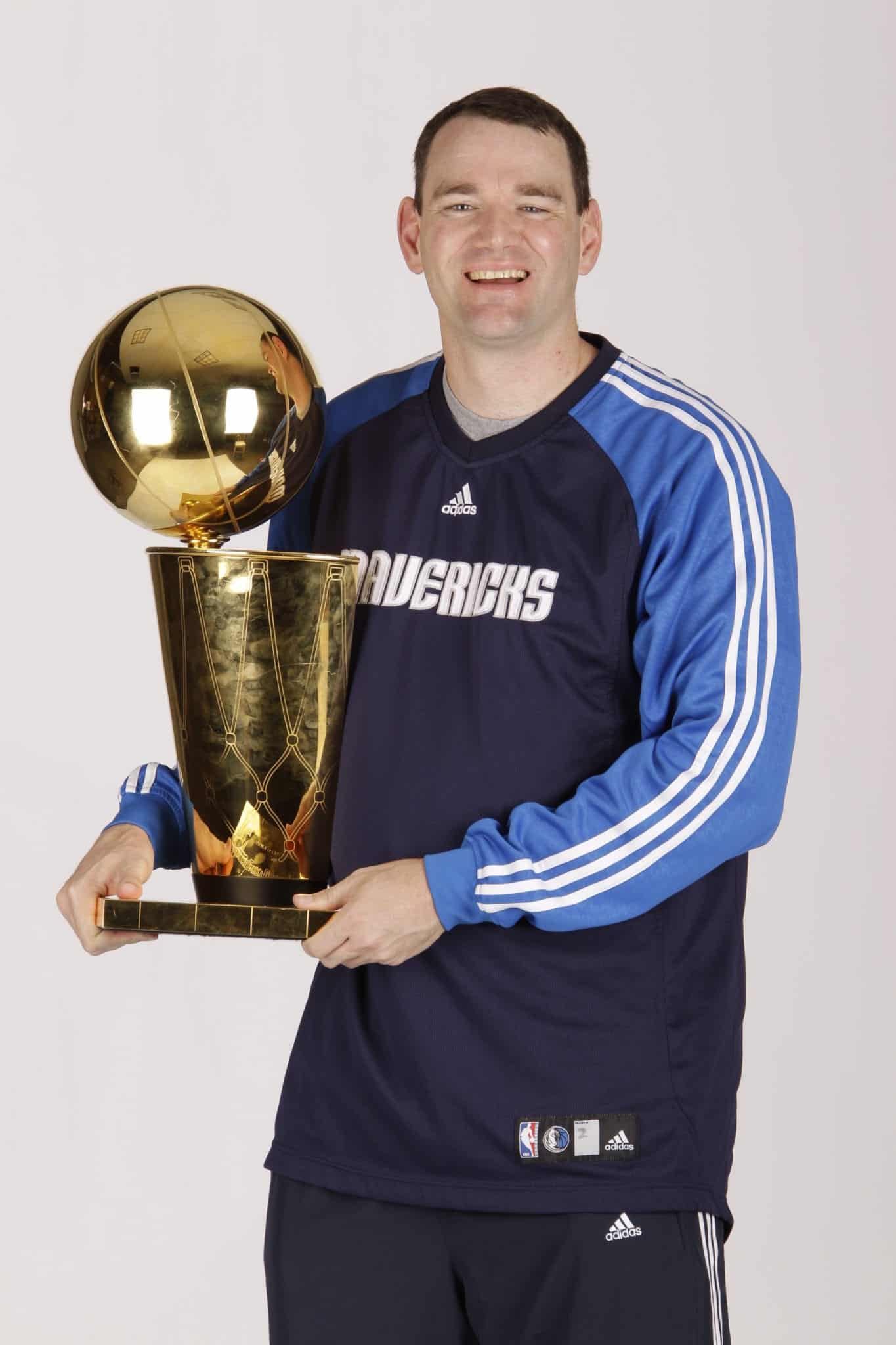
When they start to see how he interprets the data to describe an athlete or coach, and they all realize they know ‘that teammate’ that fits who he just described (and it may even be themselves that he just described), they immediately begin the journey seeing the importance of DISC and how we can use it to learn about others and motivate them to be better athletes or workers. After we hang up the Skype call with Bo, they always know they were just in a very special moment of their master’s and they begin to see people differently as they assess someone’s DISC. It is not uncommon for a student, after that class meeting with Bo and the work we do in following weeks, to be describing someone to me and tell me, ‘Oh, that person is a High D, for sure,’ or ‘My mom is a High I.’ I love the effect the DISC lessons have on my students!”
Dr Tennison recounts a moment when he knew that DISC was working for his students, he says, “the ‘ah-ha’ moment for me as a DISC user was when my University’s tennis coach was taking the class and listening to the ‘Bo lecture’, I noticed that she was writing MUCH more feverishly than anyone else in her notepad. After class, I asked her what she got from the time with Bo and she stated that he was speaking as if he knew her tennis team perfectly and what they were dealing with. She stated that just 5 minutes into the Skype call, she realized she was hearing valuable information that could affect her team for the upcoming tournament that weekend. That is the greatest moment that I knew DISC was so important to my students”.
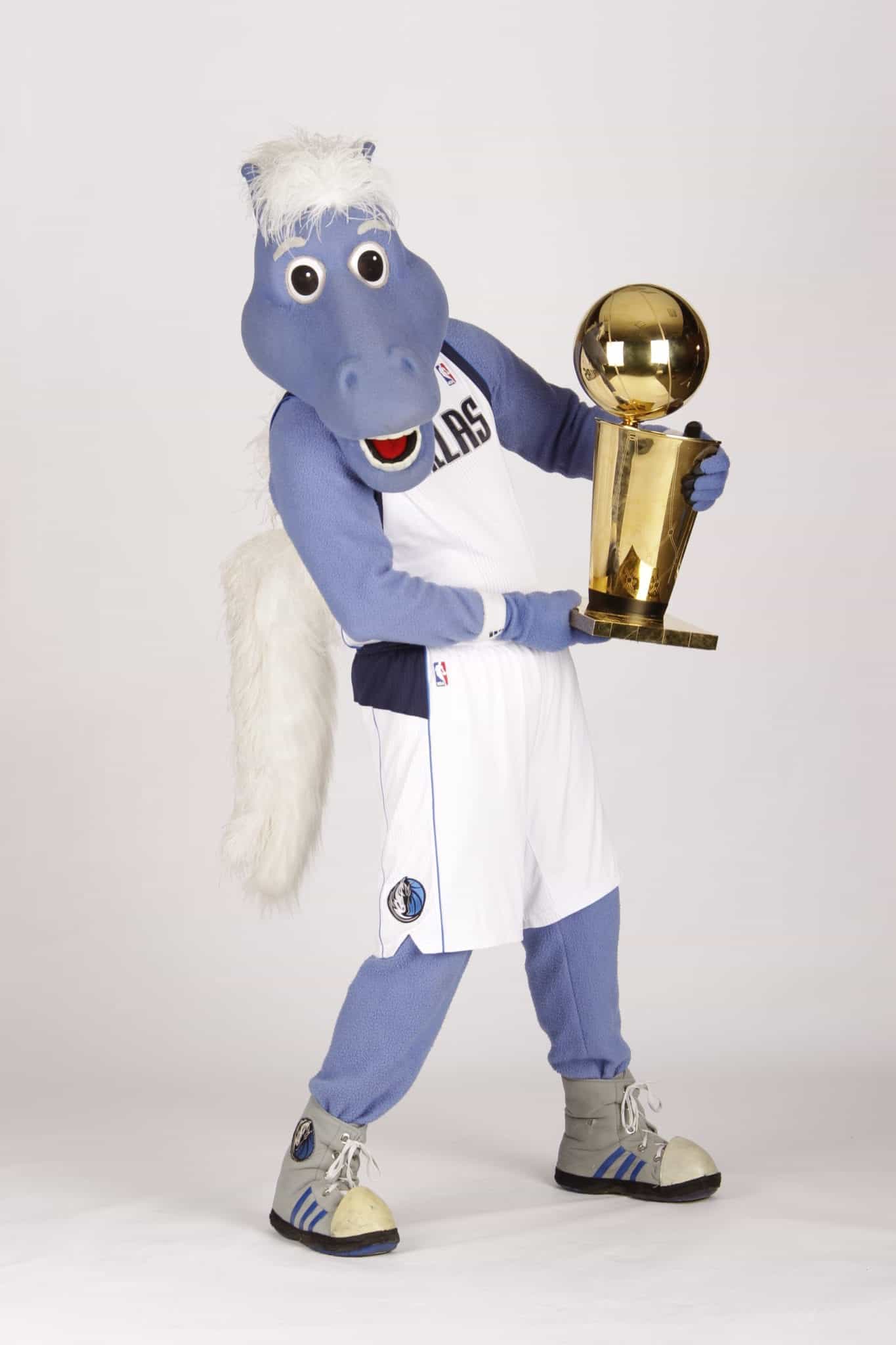
At the start of each semester Tennison takes time to learn about each of his students, from our experience at Athlete Assessments, this is the kind of connection that lasts well into the future. He says, “I know their name, their background, their history, what they want to do after graduation, etc. They know the classes with me will directly impact where they want to go and that I am aware as I teach the class of each person’s interests and goals. It is not uncommon for me to be teaching a chapter, and come across a topic that directly fits one person’s interests, and I tailor that discussion almost specifically for them”.
With his focus firmly fixed on post-graduation employment for his students, Tennison says, “I tell my master’s students in each class that if their resume lands on a hiring manager’s desk and is amongst a pile of applicants with an undergraduate’s degree, that the manager will automatically expect that the person with a master’s has greater skills in certain areas and it is on myself, and my students, to make certain we meet those expectations. They expect a master’s degree holder to be well put together and make a difference when they walk in a room. They expect them to be above average at speaking and leading a presentation. Finally, they expect them to write well and be able to communicate well in a letter or memo. With my class assignments, I rarely make them take tests or quizzes. I mostly have them write papers and give presentations. I do this to constantly hone their skills to help them meet those expectations their future boss will have”.
When it comes to the most important quality or skill a graduate must possess, Tennison is unequivocal…
He says, “there is one thing that I simply MUST have my students instilled in them before they leave. They MUST have it if they acquire it on their own, or if I help them obtain it. That is passion! They MUST have passion for their field, their cause, their work. We work in sports! If people can’t be excited about being a part of an organization that is aimed at helping people develop as human beings, and that gives all involved a healthy, fun outlet for entertainment, then they are in the wrong field. I share with them this quote, ‘If you aren’t fired with passion, you will be fired with passion.’ (It’s a Vince Lombardi quote, except he used enthusiasm instead of passion.) My students can overcome a great deal in their field if they have passion for their work”.
When it comes to passion, Tennison has combined his talent and love of theatre, sport, education and mentoring. He encourages his students to find a way to use all of their skills, he says, “I have been able to utilize so many different areas of my background in my career as a sport mascot. As a sport management professor, the one that seemingly was going to get left behind is my love of theatre. The theatre side of me comes out in my teaching. It can be a bit of a show some classes, which my students say they enjoy. On another aspect of this, I have students that come to the field of sport management with diverse backgrounds and they are often looking to pursue sports and aren’t sure how their previous experience can help them. The field of sport can use almost ANY background and experience a person has to their benefit. Just last year, I had a student that transferred from Psychology to Sport Management and she also worked in the Registrar’s office. We were able to find her the area of Academic Advisor to Athletes in which she utilizes all her skills and knowledge to find a special niche in sport when she thought she was going to have to give up some area of her experience or interest. The field of sport is dying to use all your talents!”
He adds, “your ideal job is out there. There are thousands of jobs for people to obtain in sport. They may just be in a place you weren’t initially considering. Be portable!”
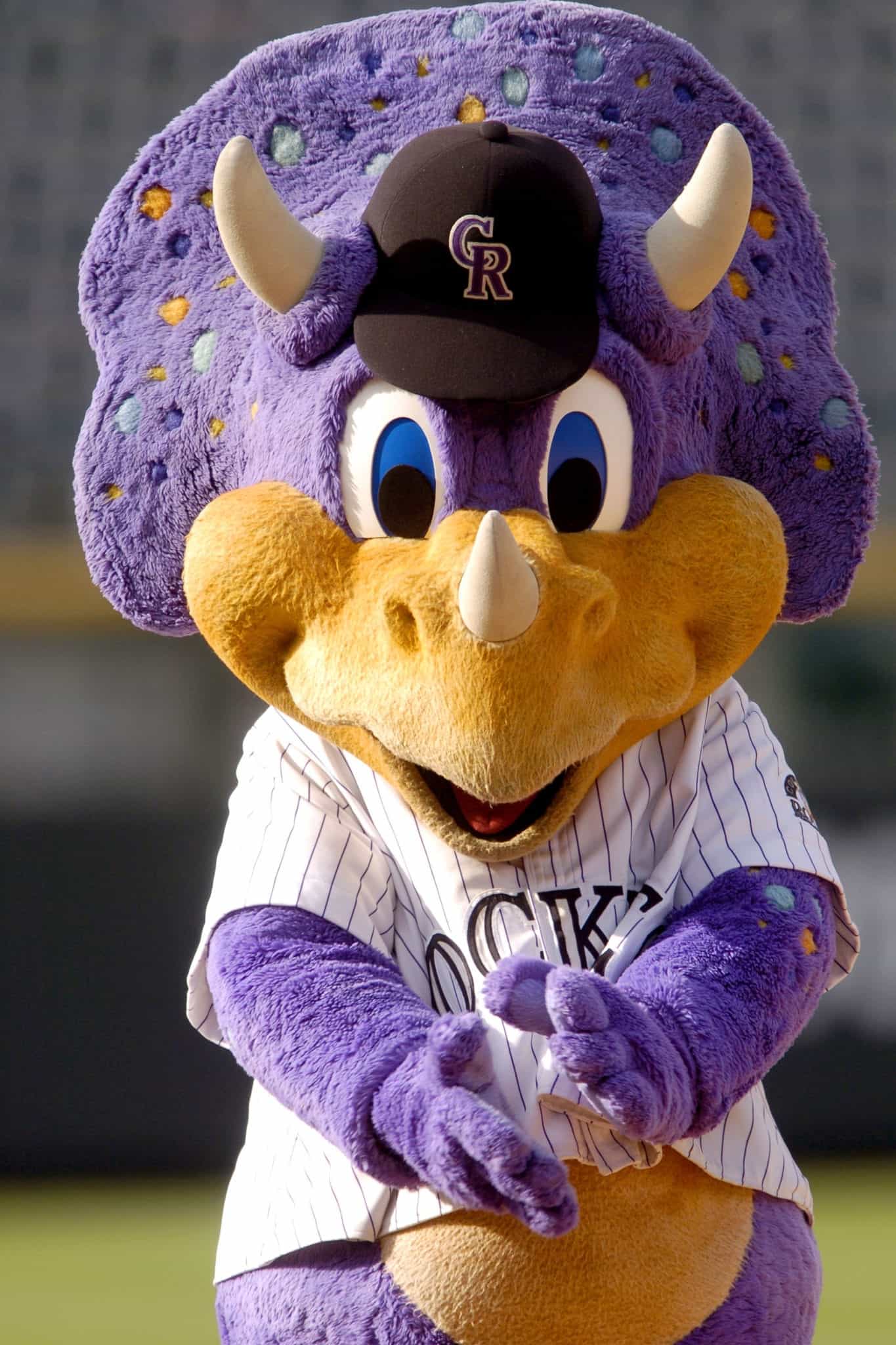 When it comes to talent, Tennison has many, but clearly he has a special skill for developing new material for his program. He says, “I started building an element in one of my classes that is of the utmost importance to me, and I love seeing the change in the students over the course of a semester. I call it ‘Oneness and the Ethical Use of Sport’. We are often told by people that we should accept our diversity. Diversity is preached from all podiums and lecterns. I believe there is something much greater to consider than diversity… it is Oneness. There is a poem by Maya Angelou called, The Human Family. It closes with her repeating the line, ‘We are more alike than we are unalike.’ It is true! Here is an example, if I ask you to accept me for how diverse we are, you are likely to have difficulty with that. However, if we find our common grounds first, then we can easily accept our diversity. Sport is a PERFECT avenue for people to find our common ground! If you consider a packed stadium for a football game, there is a great diversity between all the fans when you consider their backgrounds, culture, economic situations, and religions but they are all football fans and most of them love the same team. If they understand what they share, then they can understand and accept their differences better. Angelou states in her poem, ‘In minor ways we differ; in major we’re the same.’ We can use sport to bring people together and break across lines that so many other facets of life have difficulty with. Nelson Mandela said, ‘Know your enemy, and learn about his favorite sport.’ That’s not a statement for learning about how to go to war with someone. That’s a statement for peace, acceptance, and oneness. Finally, since sport is so powerful, we are finding so many ways to use sport to heal, provide relief, and train people how to live a better life. One of the Olympic charter principles states that sport is a human right and should be enjoyed by people regardless of location, social, economic, or religious background. We can, and should, use sport to help people, and not just entertain them. Therefore, I charge my students as a final project in a class to find a way to utilize sport to reach people that may be experiencing difficulty in enjoying sport for whatever reason. It is on sport managers to not just use sport to entertain but to grow and develop our society as we are all one. No person is any better than another and sport is meant for all”.
When it comes to talent, Tennison has many, but clearly he has a special skill for developing new material for his program. He says, “I started building an element in one of my classes that is of the utmost importance to me, and I love seeing the change in the students over the course of a semester. I call it ‘Oneness and the Ethical Use of Sport’. We are often told by people that we should accept our diversity. Diversity is preached from all podiums and lecterns. I believe there is something much greater to consider than diversity… it is Oneness. There is a poem by Maya Angelou called, The Human Family. It closes with her repeating the line, ‘We are more alike than we are unalike.’ It is true! Here is an example, if I ask you to accept me for how diverse we are, you are likely to have difficulty with that. However, if we find our common grounds first, then we can easily accept our diversity. Sport is a PERFECT avenue for people to find our common ground! If you consider a packed stadium for a football game, there is a great diversity between all the fans when you consider their backgrounds, culture, economic situations, and religions but they are all football fans and most of them love the same team. If they understand what they share, then they can understand and accept their differences better. Angelou states in her poem, ‘In minor ways we differ; in major we’re the same.’ We can use sport to bring people together and break across lines that so many other facets of life have difficulty with. Nelson Mandela said, ‘Know your enemy, and learn about his favorite sport.’ That’s not a statement for learning about how to go to war with someone. That’s a statement for peace, acceptance, and oneness. Finally, since sport is so powerful, we are finding so many ways to use sport to heal, provide relief, and train people how to live a better life. One of the Olympic charter principles states that sport is a human right and should be enjoyed by people regardless of location, social, economic, or religious background. We can, and should, use sport to help people, and not just entertain them. Therefore, I charge my students as a final project in a class to find a way to utilize sport to reach people that may be experiencing difficulty in enjoying sport for whatever reason. It is on sport managers to not just use sport to entertain but to grow and develop our society as we are all one. No person is any better than another and sport is meant for all”.
Further, he says, “I also like creating new courses that will specifically impact what students are going to be working on. I’ve added a facilities class, a sport sales class, a sport marketing class, and most recently a sport finance class. These are designed to meet their needs directly and to impact their (students) future careers.”
When it comes to Dr Tennison’s own impressive career, which includes an NBA championship season with the Dallas Mavericks, he says of his career highlights so far, “there are many options because of where I have been in my career. I have enjoyed working All Star Games in MLB and the NBA. I have enjoyed being a part of a championship run with the Mavericks in 2011 and enjoying the fruits of that experience. I have enjoyed completing a Ph.D. in Sport Management. I enjoy growing and building my department and program. At this stage of the game, my greatest satisfaction comes from seeing a student get the job they want and excel. You feel like you have had just some small part in their success and to know that they are able to enjoy the things that we hold so dear in sports, is just awe inspiring every single time”.
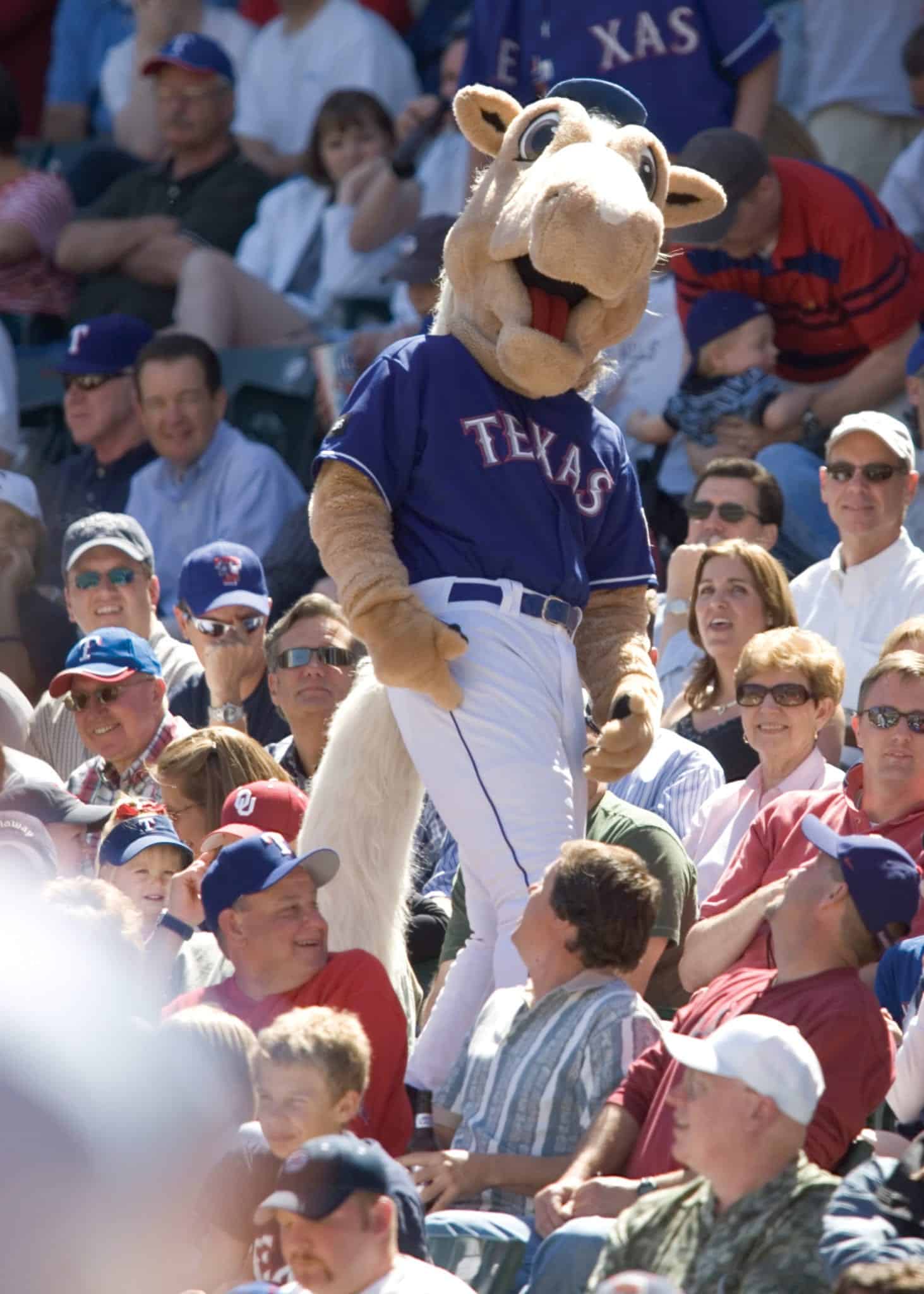 Importantly, he explains that the key to success in sports management is flexibility. Accordingly, his number one piece of advice for students and young professionals just starting out in their career is to be portable.
Importantly, he explains that the key to success in sports management is flexibility. Accordingly, his number one piece of advice for students and young professionals just starting out in their career is to be portable.
He says, “be flexible! Be ready to do what you didn’t think was in your job description. If I had not been ready to answer the call from my supervisor to put the mascot costume on, I would not be where I am today”.
He adds, “I was ready to move when an even better opportunity came along, I’ve worked in Texas, Louisiana, North Carolina, and Colorado.”
When we asked Dr Tennison about student feedback he simply relayed some of the words from his students…
“(This was from an international student from another department taking my class as an elective): “Sir, I am so thankful for what you have done in improving my skills professionally and personally. I still remember the first day of class, I was nervous, scared. You are the best teacher, and I am so proud to say that I am your student. You always made every class interesting and tried hard to get me to speak more in class. The assignments helped me to believe in myself, and increased my confidence.”
And this, “just want to thank you for all that you have done for me over the past 2 years, not just with jobs, but in life. I am honored to know and call you a friend. Thank you for your leadership and friendship.”
He says, “finally, from a student that graduated and went to work in the athletic department of our University, “Thank you for honoring me with an award at the Honors Banquet. Your kind words meant a great deal and I am so thankful I chose your Sport Management program. I will forever value the many lessons I have learned from you.”
When we asked Dr Tennison what he found most rewarding about his role, this is what he said, “watching my students grow, mature, learn, develop a passion that they may not have had in place before. Then that moment when they come to me and announce they have the job that they have worked and prayed so hard for. I have a saying on my office wall that I point out to them on the last meeting we have together, ‘If you are the same person the last day you walk in my office to talk to me before you graduate as you were the first day we met that you started the degree… Neither of us did our job.’ It is a process, a journey. It is not a destination. I get to come alongside my students and be a part of their journey. Then, when they graduate, I tell them they are automatically enrolled in my course ‘Sport Management and Life, 6303’. It is a ‘class’ they can always attend by calling me and asking for advice, emailing me for direction, requesting a recommendation, etc. They are my students, even after graduation”.
Tennison leaves us to consider our critical role, “it is on us as educators to seek opportunities for our students to learn and grow so that they can enjoy their career even more than we do ours”.
In the development of this article, Tennison had so many valuable insights that we wanted to share the extended Q&A with you. He reveals more about developing teamwork and passion in students and what they need to succeed upon graduation. Read more here.
Where to from here?
Dr Jim Tennison uses Athlete Assessments’ Academic Program as part of their curriculum in their Sport Management at Dallas Baptist University.
Whether you teach Sport Management, Sport Coaching, Sport and Health Sciences or sport psychology, provide your students with the skills which differentiate them when they enter the competitive sports industry. The success of your students reflects the success of your University Academic Program and we want to help you achieve success on all fronts.
Find out everything you need to know. We’ll send you a full information pack and organize your trial at no cost to you. We also will review your syllabus and make recommendations on the best way to incorporate the program within your class.
Contact us to receive your own information pack and free trial now.


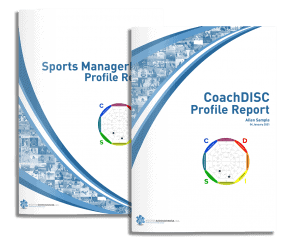
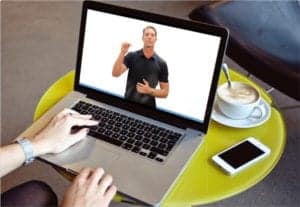
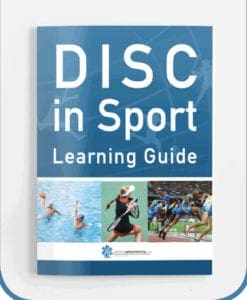
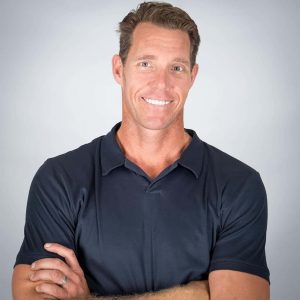

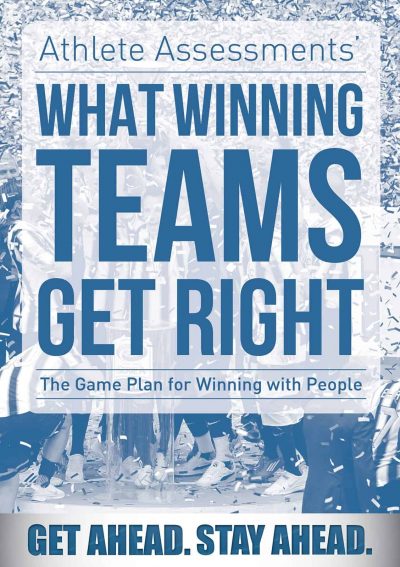



2 thoughts on “Portability and Passion in Sport Management”
With you on that. More oneness better less clutter better! Report
Such a amazing post dear.